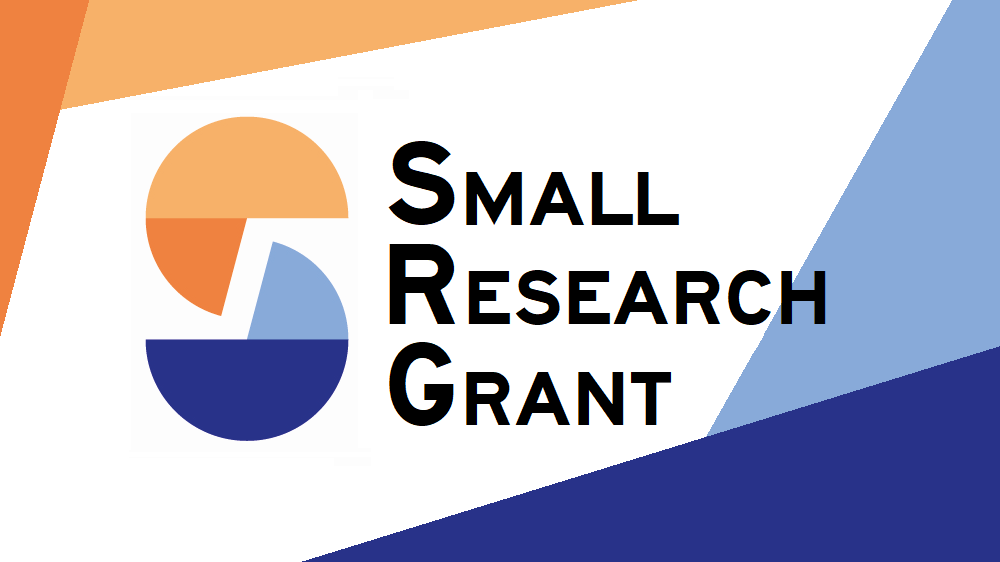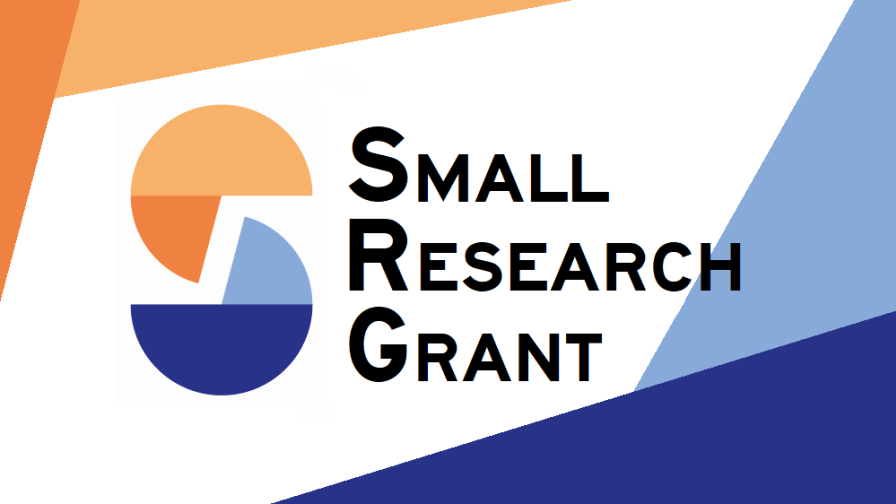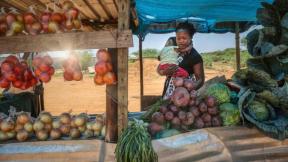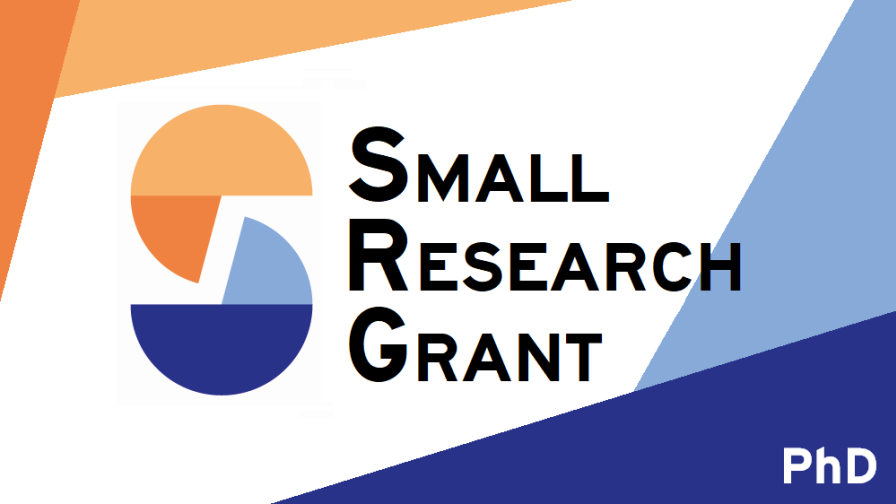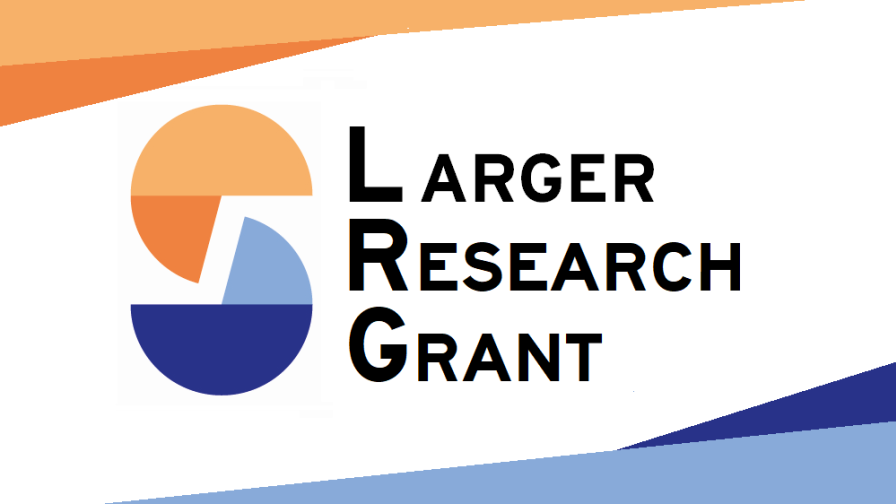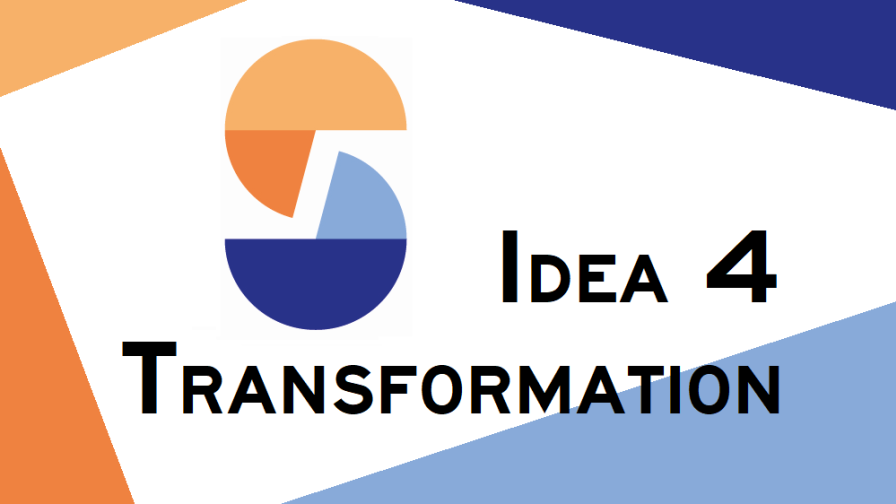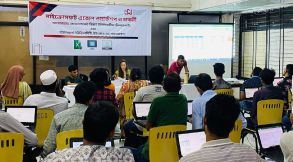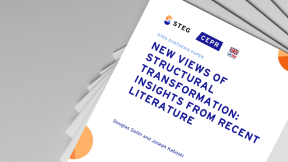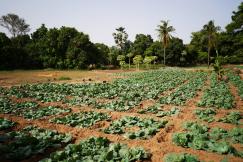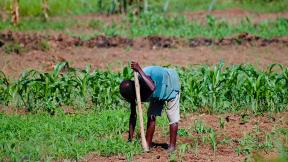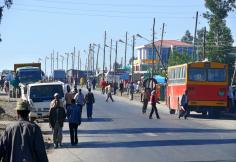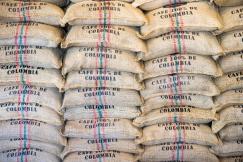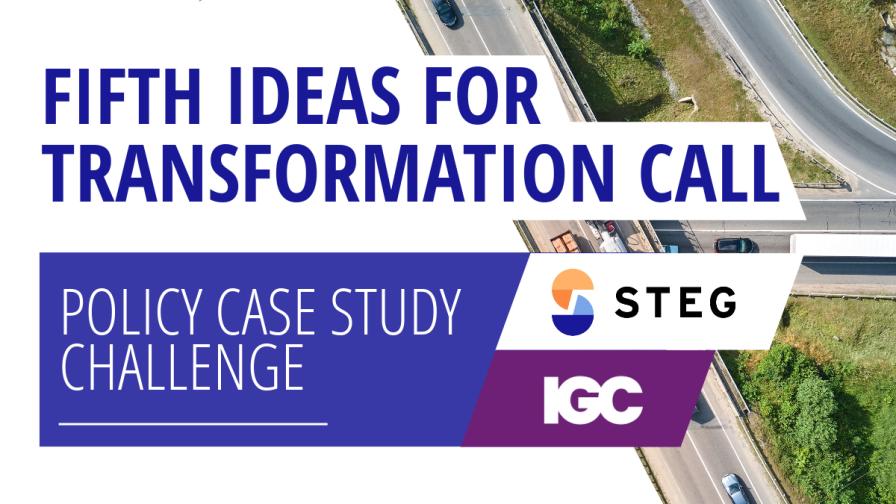Regional integration is particularly important for ECOWAS given its geography and the sizes and peculiarities of countries on the sub-region which translate into high trade costs that inhibit trade flows and movement of products within and between countries. However, in spite of its importance in providing very detailed and relevant information across the markets and marketing chains that can be used for the success of the economic policy reforms, market integration studies are limited especially in the ECOWAS region. Therefore, little is known about the outcomes of the various mechanisms implemented to enhance regional integration in ECOWAS countries. The broad objective of this study is to investigate the extent to which product markets are integrated within and between countries in the ECOWAS region using disaggregated product level monthly retail prices data across markets from the perspective of absolute deviations LOP within and between ECOWAS countries.
The data for the study comprise of two types of dataset: the price database and distance database. The price database consists of unique highly disaggregated micro-level retail market price data underlying the computation of the National Index of Consumer Prices (CPI) in Ghana, Togo, Benin and Nigeria respectively spanning sixty months from January 2016 to December 2020 for 40 products. The second data set comprises of the geographical distances between city pairs both within and between countries collected from geographical websites. The absolute version of the Law of One Price (LOP) is used to investigate different aspects of relative prices and product market integration across markets in ECOWAS. The LOP is also used to investigate the relationships between cross border, distance, membership of regional economic blocs and product market integration and as well as price convergence. The main analytical techniques for this study are descriptive statistics and the panel econometric regression methods.
The policy relevance of this study is in two-fold. First, the level of regional integration through trade is low in ECOWAS because of high transaction cost, poor infrastructure and macroeconomic instability. Yet, policymakers usually work with limited quantitative evidence as they attempt to improve regional integration in the sub-region. This study will, therefore, provide empirical evidence, through micro-data, on trade reducing friction within domestic and regional markets in West African sub-region thus helping policy makers to reach informed decisions. Second, ECOWAS member countries operate two monetary union regimes- WAEMU and WAMZ. The first comprises of Francophone ECOWAS member countries operating under a common monetary policy with their currencies pegged to French Franc, while the second consists of Anglophone ECOWAS member countries operating under independent monetary framework. This study will provide evidence on whether market integrations within and between countries are sensitive to these two different monetary unions. This evidence will be an important guide for policy making.
